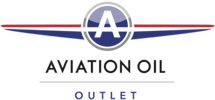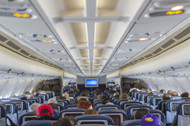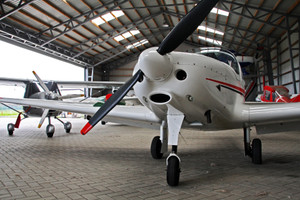A Method to the Madness: Airplane Boarding Procedures
By on Oct 4th 2017
Waiting to board your plane can be frustrating, especially when airlines use different boarding processes that may take longer than others.
Passengers are usually seated by zone, from the back to the front of the plane, or by first-come, first-served. When you've already been waiting at the gate for over an hour, the last thing you want to do is wait for people in other zones to board first.
Why do airlines use zone-boarding methods?
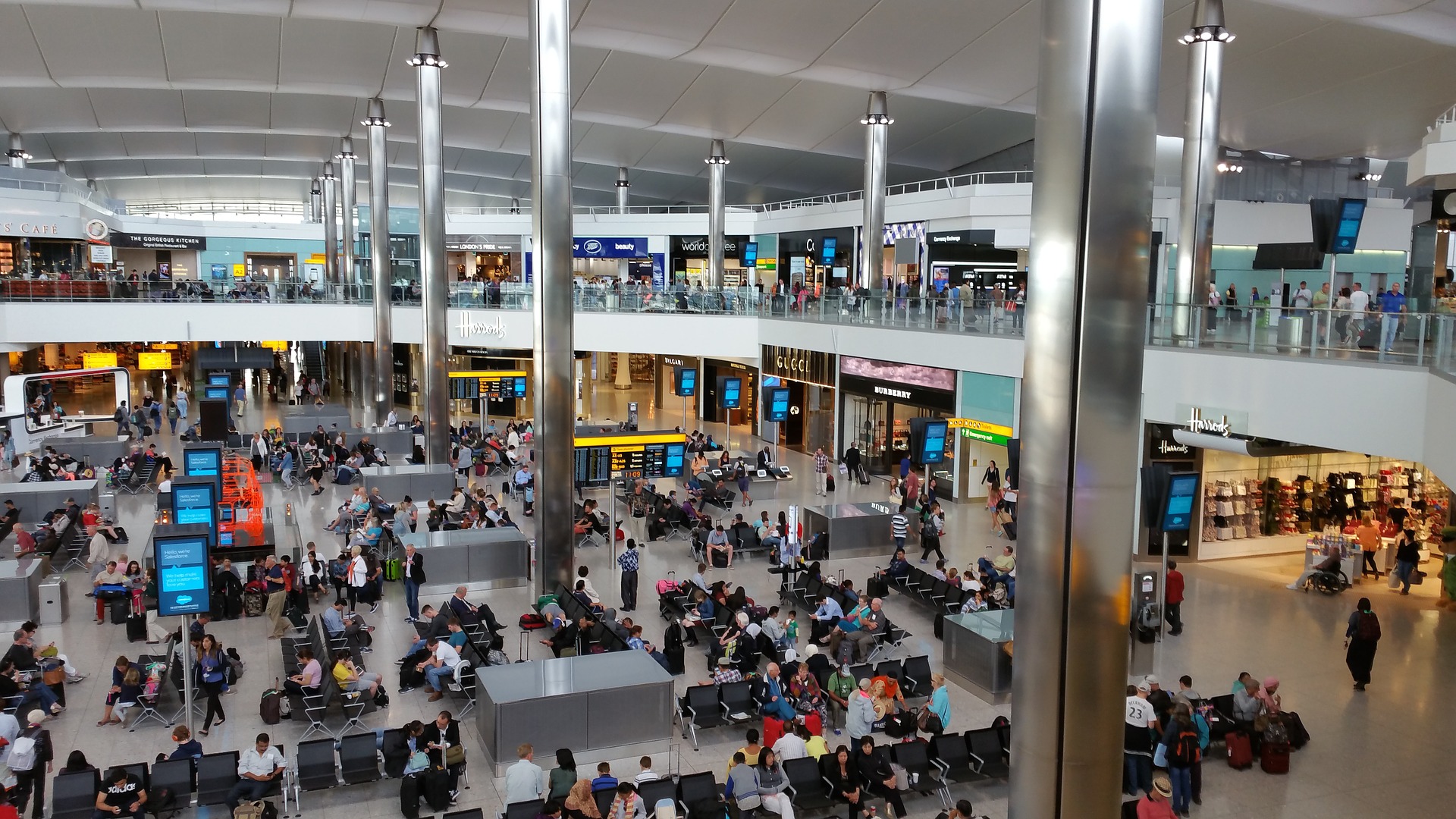
American Airlines claims a zone-boarding process reduces boarding time by 5% to 10% because there is less chance for gridlock. Boarding this way, while sometimes chaotic, is beneficial for other reasons besides just keeping the crowds to a minimum-it helps fend off disease.
Air travel plays a large role in global health because it can increase the spread of disease outbreaks. However, recent research conducted by Florida State University (FSU) indicates a flight boarding pattern can be designed to reduce disease transmission.
Researchers used computers and algorithms to simulate the most common four types of boarding: random, two sections, three sections, and by column.
Results indicated that the most common boarding process also spread the most disease: a multi-tiered zone boarding by group based on people sitting near each other. This was the most harmful method because people had to gather close together for an extended period of time, therefore easily spreading germs and bacteria.
Changing How Quickly Epidemics Spread
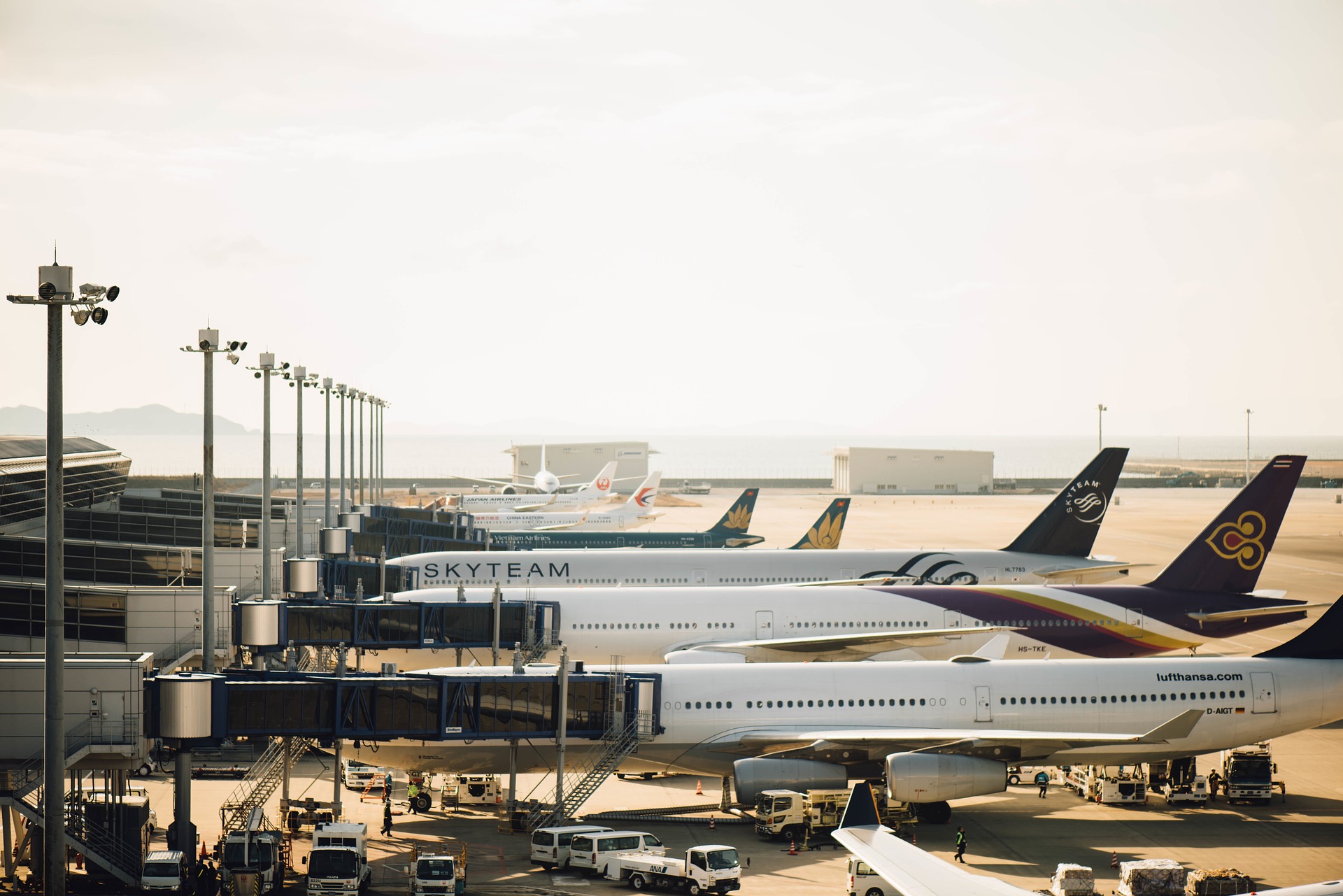
The FSU professor suggests the most effective pattern to reduce the spread of disease is a two-zone system where passengers on each side board randomly. The goal behind the study was to find the boarding method allowing the least opportunity for contact. Researchers also discovered that disease spreads more on large planes than on small planes because of how many people are close together.
With this system, researches found the probability of an Ebola outbreak spreading to 20 new people was reduced from 67% to 13%. The change could help benefit health across the world and severely decrease the spread of disease.
When severe epidemics do occur, planes are at times grounded. The results are damaging for a country's economy and can worsen the situation by slowing aid to that country.
Airlines don't usually use this health-conscious boarding method because it proves to be less efficient than the multi-zone process that is currently most popular. However, the health benefits of boarding in a less-efficient manner outweigh its inconvenience.
If you feel impatient while boarding a plane, remember--it's worth the wait.
Sources:
https://www.consumeraffairs.com/news/how-new-airline-boarding-procedures-could-curb-the-spread-of-diseases-090817.html
https://www.fastcodesign.com/90139242/how-redesigning-airplane-boarding-could-prevent-a-global-epidemic
https://www.sciencedaily.com/releases/2017/08/170831151300.htm
